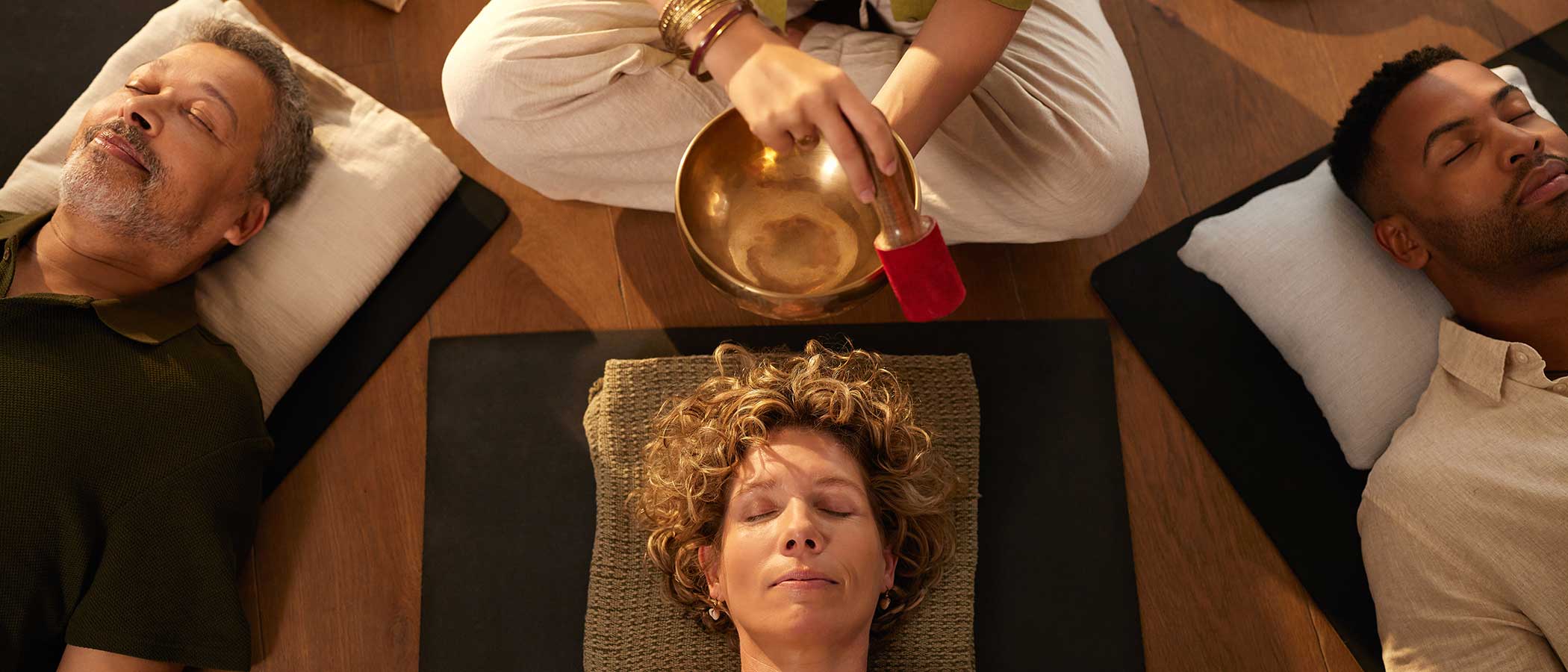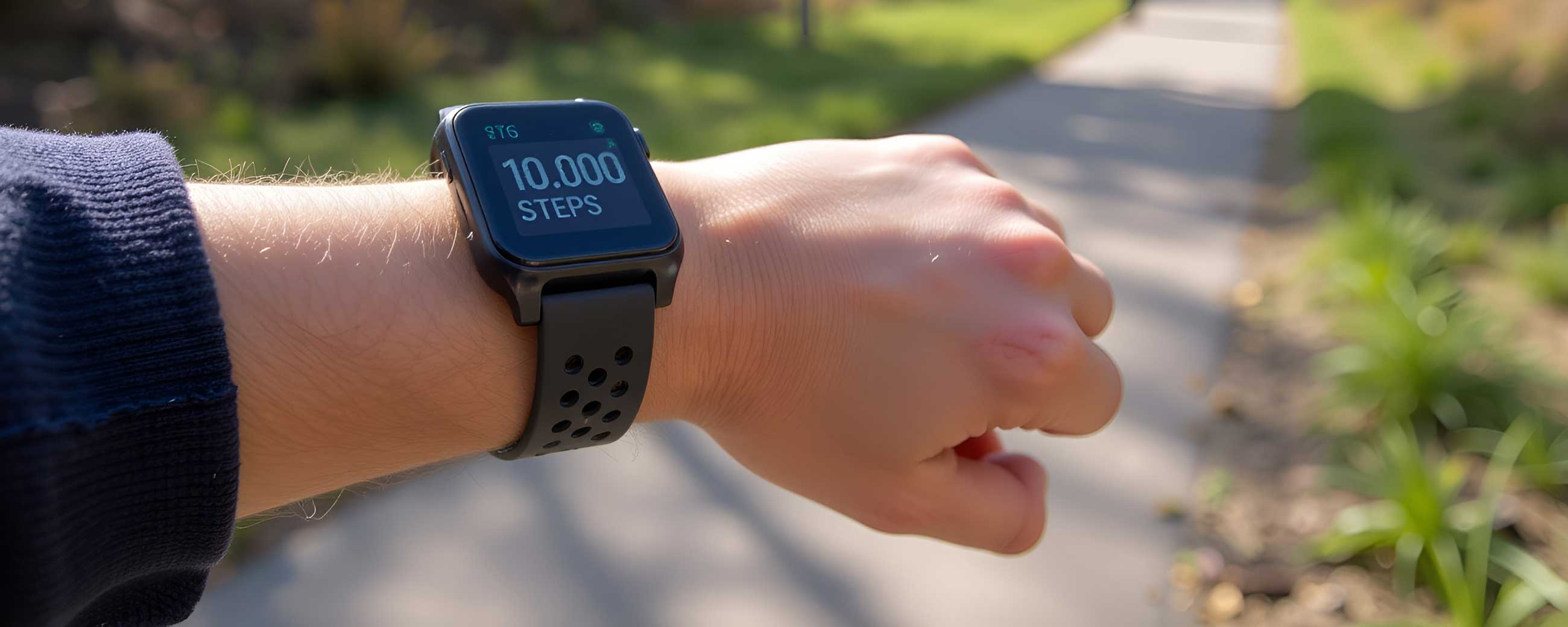
Traveling With Diabetes Makes Me Feel Like A Secret Agent
I might be a rock star, but sometimes traveling with insulin resistance makes me feel more like 007.
I check into the hotel room, then case the joint. Mini fridge? Check. Thermostat not too high? Check. Enough room on the nightstand to keep everything I need? Check. I’m not a spy, secret agent, or private eye, but in my life as a traveling musician with chronic health conditions, I sometimes feel like one.
As a professional musician, I’ve always known that traveling would be part of my job. What I didn’t realize early in my career is that the health conditions I’d later develop would follow me on the road, too. Living with both lupus and insulin resistance can make traveling for work tricky. Before an out-of-town concert, I pack my viola, sheet music, and a suitcase of clothes. But the real baggage I carry with me to gigs is mental. I’m constantly calculating what I can or can’t eat and how to keep myself healthy while away from home.
Before my roommate arrives at the hotel, I dig through my suitcase. Like Q from the James Bond movies, I’ve found all sorts of unique gadgets to organize my medications and to keep the special food I bring cool. The container where I keep my medicine for the week looks like a wallet. With its cloth exterior and cute design, no one looking at it would guess it houses the 90 pills I need to take each week to function. The insulated lunch box I carry appears to be a chic little purse. But underneath its floral fabric and Birkin-style handles, it contains low carb/high protein snacks, like a spinach smoothie and some almond butter cranberry balls I made earlier. Because I can’t just go to the vending machine like my fellow musicians, I have to plan ahead.
My first rehearsal begins in an hour. But after the three hour drive to get here, I’m starving. Like a spy in a John Grisham novel, I have to familiarize myself with the layout of the city before planning my day. But unlike Joel Backman in The Broker, I’m not surveying this new city in order to learn the layout and avoid assassination attempts. I’m searching on my phone for restaurants in town that sound as if they serve healthy food, then finding their menus to see if they’re keto friendly.
I’m not surveying this new city in order to avoid assassination attempts. I’m searching for restaurants in town that sound as if they are keto friendly.
After a quick dinner of a salad with grilled shrimp, I head to rehearsal. I greet the friends I know from previous gigs, then unpack my viola. Unlike that James Bond movie in which an assassin in an orchestra transforms her flute into a rifle, I fortunately only have to be responsible for my viola. That and the can of pre-made coffee I sneak onto the stage with me to combat my fatigue.
During the break in our three hour rehearsal, the Symphony League sets out snacks. Musicians swarm around the bagels, croissants, cookies, hummus, carrots, and fruit. I’ve had to become an expert at calculating my carbs while away from home. Like a member of the CIA, I keep a list of relevant information in my head, although mine tells me how many grams of carbs or sugar are in foods that are commonly served. I chat with my colleagues, none of whom notice the mental calculations I’m making to decide what I can eat. I have to discern which foods might poison me and avoid them at all costs.
Rehearsal ends and I head back to the hotel. As a musician with chronic conditions, I need more sleep than my colleagues. Fortunately, I have a gadget for that, too. A palm-sized white noise machine hums while I sleep, drowning out all other sounds.
Being a musician with insulin resistance is rewarding, but requires a lot of planning and foresight. However, I know that if music doesn’t work out for me, I can always try my hand at writing a spy novel.

This publication is intended for informational purposes only and is not meant to be a substitute for professional medical advice, diagnosis, or treatment. Always seek the advice of your physician or other qualified health provider with any questions you may have regarding a medical condition or any advice relating to your health. View full disclaimer

Meghan Bea has lived with lupus for over a decade and is still learning about her disease. She began writing as part of her rehabilitation from a severe brain flare in 2014 and simply never stopped. Her work has been published in Hippocampus, Ravishly, Folks at Pillpack, Al Jazeera, and the Huffington Post. When she's not writing, she can be found cuddling with her rescue dogs, drinking bubble tea, and teaching students ages three to eighty-nine how to play the violin and viola.








